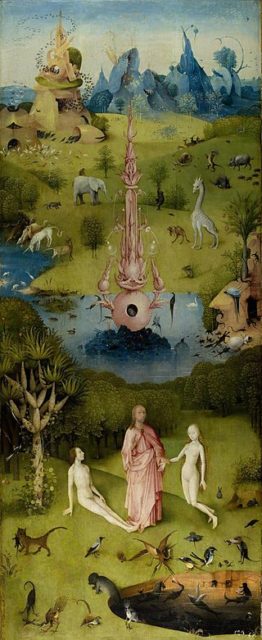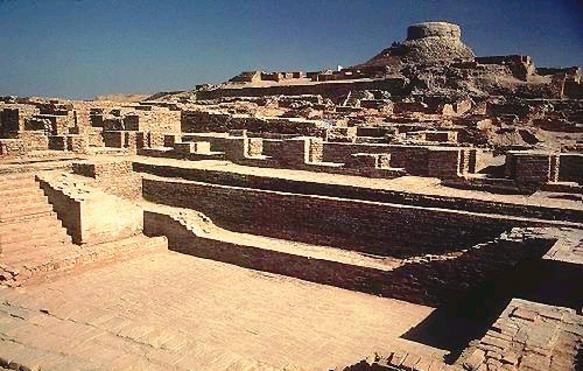Imagine 54 cities governed by educated officials, and they by a prince who was elected for life. Even though war has not been formally put to an end, it is only used as a last resort. The people do not see any glory in fighting, and capture their enemies instead of killing them. This describes the original Utopia: the pagan, pacifist, and communist world created 500 years ago in the fiction of writer Thomas More.

However, no consensus exists on the issue of whether More’s Utopia was a legitimate blueprint for a perfect society, free from war and suffering, or a finely crafted piece of satire aimed at the autocratic, hereditary European monarchies of the time. His title came from the ancient Greek ou-topos, translated as “no place”, which is a pun on eu-topos, meaning “good place”.
One thing, however, is certain: no civilisation has existed in history that resembles the idyllic Utopia. Except, that is, for the mysterious Indus Valley Civilisation, one of the four great early civilisations. Where its contemporaries, Mesopotamia, Ancient China and Ancient Egypt, are well known for their veneration and celebration of warfare and violence, no such evidence of this practice in the Indus civilisation exists.
Many artifacts such as jewelry and cookware have been found, but not one single weapon. In addition, there is little evidence of any kind of government, leader, or system of royalty. Many specialists have decried the notion that the Indus could have existed without the institutions of government and war, it is nonetheless an interesting, and somewhat reassuring, thought.
In our world of terrorism, conflict, inequality, and autocracy, the idea of a true “Utopia” is nothing more than wishful thinking.

Could the Indus civilisation really have flourished in freedom and peace? If so, how? And why did it suddenly disappear? Perhaps if the Indus script were to be translated, we would know the truth about this mysterious society and its secrets, but until then, theories and wishful thinking are all we have.
